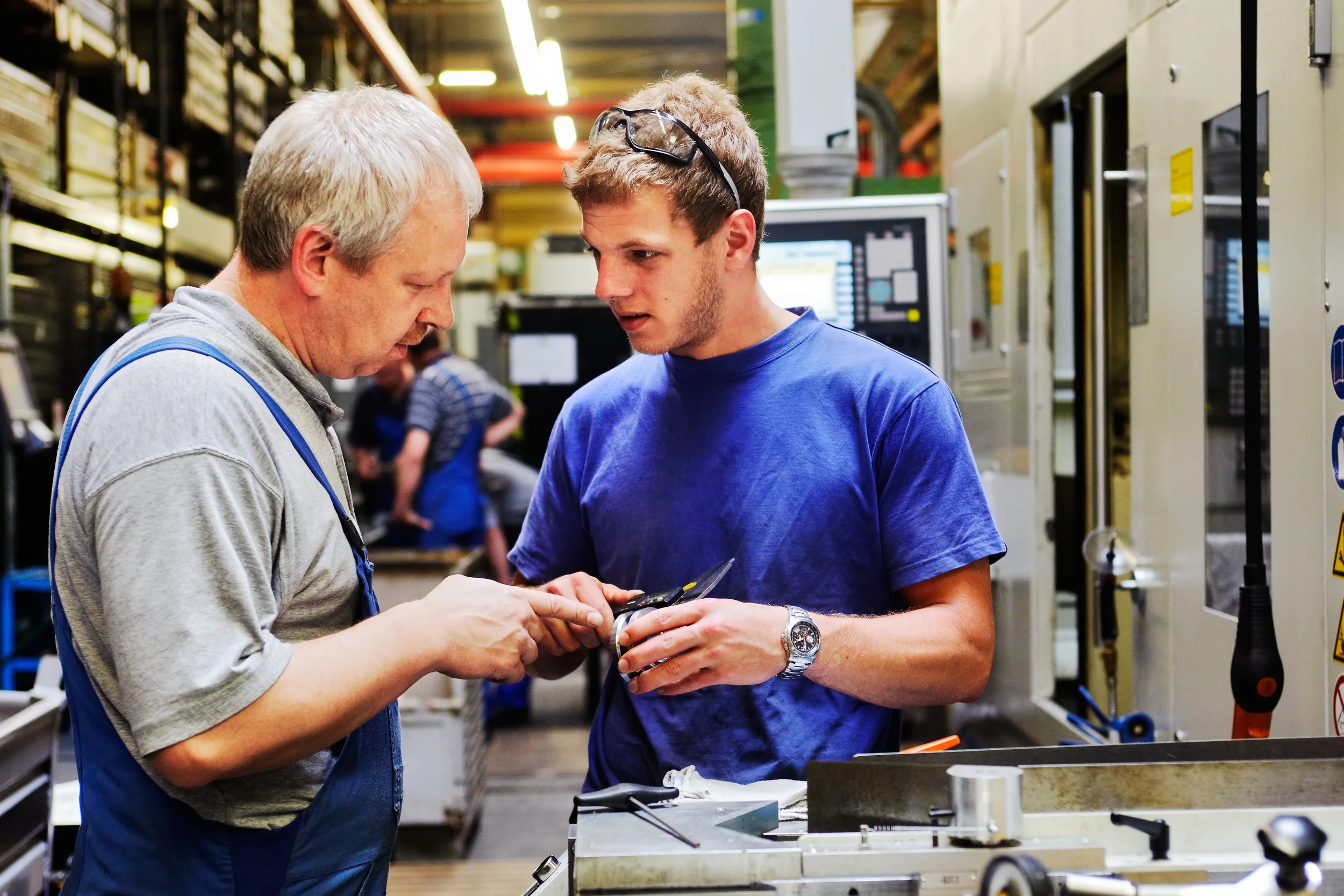One of the things I like best about building workshops is the discipline required to sort what I believe to be true into words and boxes that make sense to other kinds of thinkers.
This week, I helped deliver a workshop on corporate social risk for engineers and geoscientists who create large infrastructure and resource projects.
As problem solvers and structured thinkers, engineers and geoscientists bring critical skills to the challenge of building projects that benefit communities as well as companies.
Social performance is the new phrase developed by those who see limitations in the terms social license and corporate social responsibility. It seeks to recognize that corporate leadership has social as well as financial and environmental responsibilities and that those responsibilities extend into the communities where companies want to operate. Many see it as the new path to corporate credibility and community acceptance.
Fundamentally, though, the people living in the neighbourhood where a new pump station or mine will be located don't care what companies are calling it, as long as they have a voice in determining local social, environmental and economic impacts and benefits.
Community expectations have shifted. Stakeholders expect a say in decisions that affect them and they may expect to share in the project’s financial and other benefits. Recognizing and managing those expectations requires specialized skills and expertise. Engineers, technical professionals and business leaders who incorporate community expectations into their planning and include social impact specialists in their multidisciplinary teams are reporting fewer delays and better working relationships.
As technical and business leaders building large projects in or near communities, it's important to remember that these projects usually impact someone’s home, business or recreation area. Here are a few pointers to help make a good first impression:
- Start early. Reach out to your new neighbours as soon as you have a project. Tell them what your team is thinking and ask for their thoughts well before all the details have been worked out.
- Ask questions and listen to the answers. If you are doing all the talking, you are missing a valuable opportunity to understand the community and identify ways to adjust your project to reduce local concerns.
- Try to keep the conversation interest and values based. Ask: What do you like about your community? What elements of your neighbourhood do you value? What do we need to know as we begin to plan our project? We once produced an event where everyone, including youth and mayors, brought their own snapshots of something they loved about their community. We saw families gathered on docks on the lake, friends sharing a meal at a picnic table, a deer serenely nibbling spring growth. These pictures taught us a great deal about the human and environmental values in the communities where a large resource company hoped to build a mine.
- Keep creating opportunities to build trust and positive relationships. Show up, even when you don’t want something, and keep people informed, even when you don’t have a lot of news to share.
Finding rhythm and symmetry in seemingly chaotic human, social environments requires recognizing patterns and using that information to predict issues and forge relationships. Diplomacy, clear and accurate information, and respectful consultation and engagement provide a roadmap to build durable, trust-based relationships that pave the way to mutually beneficial social and economic outcomes.
Debbie Cox works with communities and organizations to build shared value for people and companies. She has worked on many of the largest and most complex infrastructure and resource projects in BC.











